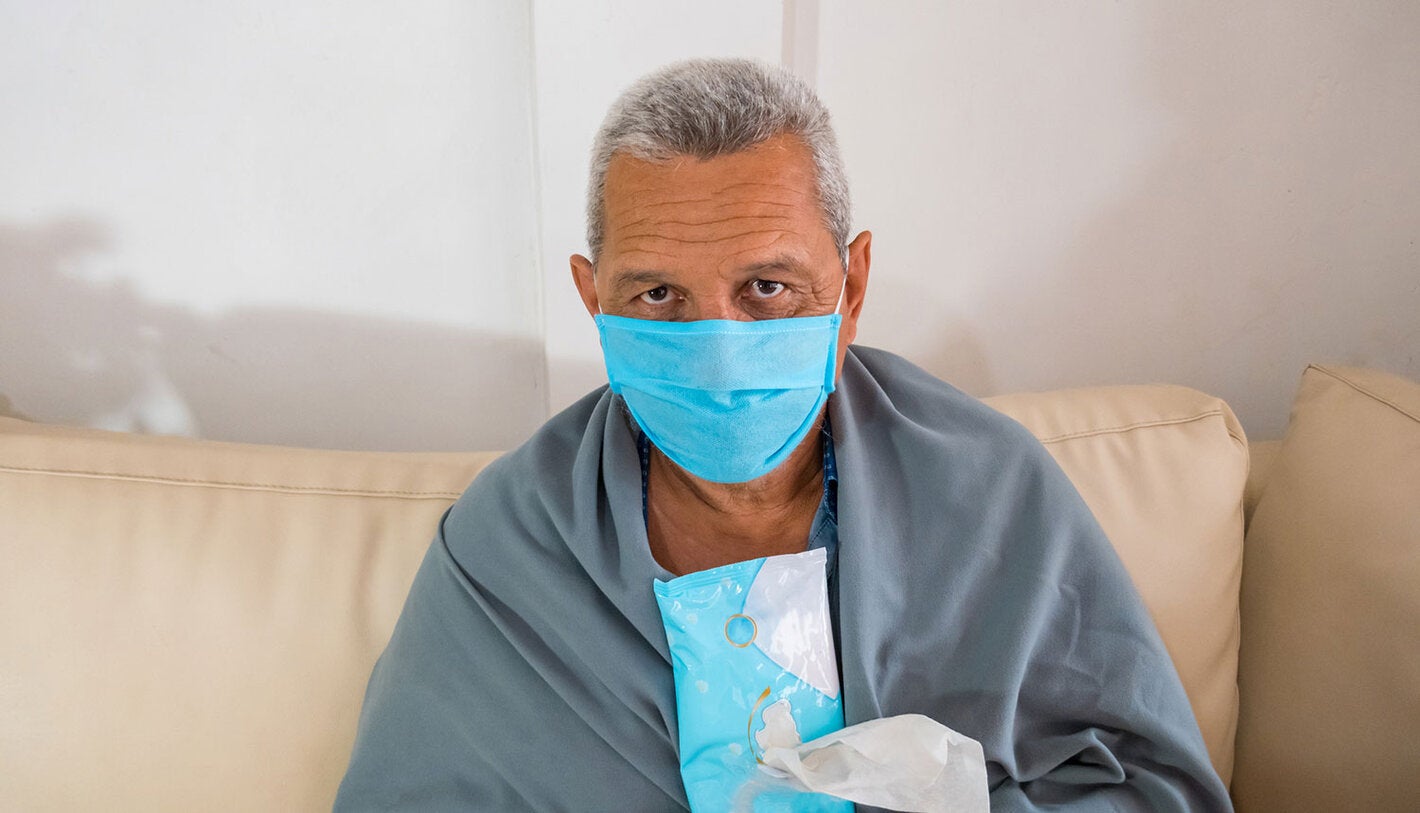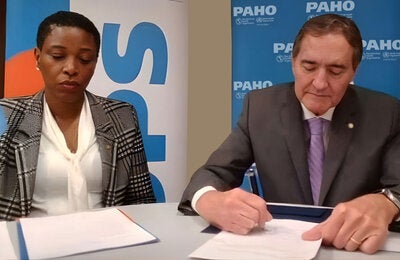
Washington, D.C., 24 March 2011 (PAHO) - On World TB Day, March 24, the Pan American Health Organization/World Health Organization (PAHO/WHO) called on authorities from member countries, technical and financial partners, community organizations, and the public to redouble their efforts to control tuberculosis and to move faster toward elimination of the disease.
According to WHO estimates, between 2011 and 2015, at least 40 million people around the world may contract tuberculosis, and 8 million could die from it. In 2009, 9.4 million new cases and 1.7 million deaths from TB were reported worldwide. The WHO Global Tuberculosis Report says that, of these figures, 270,000 new cases and some 20,000 to 24,000 deaths in 2009 were in the Americas.
This marks the second year of the "Innovate to accelerate action against tuberculosis" campaign. Its goal is to inspire innovation in care, diagnosis, and treatment of tuberculosis. The campaign promotes the objectives of the Global Plan to Stop Tuberculosis 2011-2015: Transforming the Fight Towards Elimination of Tuberculosis, launched by the Stop TB Partnership in October 2010.
This plan identified existing research gaps in the development of rapid tuberculosis diagnostic tests, guidelines for shorter treatments, and an effective vaccine. The plan also showed how to achieve universal access to TB care, including through the modernization of laboratories and the adoption of TB diagnostic tests that will be available this year.
"At 129 years since the discovery of the TB bacillus, this important occasion provides us the opportunity to reaffirm our commitment to continue fighting tuberculosis and prioritize its control as a first step toward eliminating this public health problem," said Socorro Gross, assistant director of PAHO, during a visit to Brazil. She applauded the Region's accomplishments in the fight against TB and called for redoubling efforts to meet the proposed targets.
As part of the World TB Day celebration, WHO released the report Towards Universal Access to Diagnosis and Treatment of Multidrug-resistant and Extensively Drug-resistant Tuberculosis by 2015, which underscores the progress countries have made in managing these serious forms of tuberculosis and the need for prevention efforts.
Multidrug-resistant tuberculosis is difficult and expensive to treat; it does not respond to first-line drugs and therefore requires more expensive drugs and prolonged treatment periods. Extensively drug-resistant tuberculosis is resistant to second-line drugs as well. WHO estimates there will be 2 million cases of this type of tuberculosis between 2011 and 2015.
The PAHO/WHO Regional Tuberculosis Program works in conjunction with the national tuberculosis control programs of member countries and strategic partners to accelerate and intensify the control of TB in the Region.



